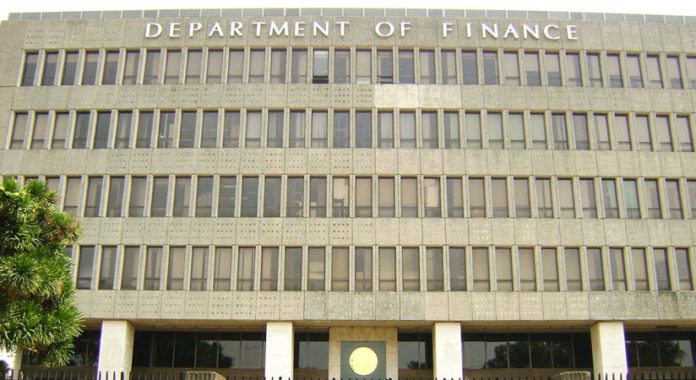By Bernadette D. Nicolas, September 6 2019; Business Mirror
https://businessmirror.com.ph/2019/09/06/biennial-review-of-tax-perks-pitched-by-d-o-f/
Image Credit to Business Mirror
TAX incentives given to companies must be reviewed every two years through a system like the regular mining audits of Mining Industry Coordinating Council (MICC), the Department of Finance (DOF) said.
The DOF said on Thursday it is necessary to have a system like MICC, which had made it a practice to conduct regular audits of mining companies once every two years beginning 2017 since the country has been “too generous” in giving away tax incentives to a select group of companies.
“Incentives are called as such because they are there ostensibly to encourage firms to operate in an industry we want to develop, reinvest their earnings, train their people, create quality jobs, invest in less developed areas or places recovering from conflict or calamity, and so on,” said Finance Secretary Carlos G. Dominguez III in a statement.
“Every peso granted as a tax incentive is a peso off the budget that could have otherwise been spent on infrastructure, health, education or social protection programs that benefit all, and not just for a few,” he said. “It, thus, behooves the government to perform a regular audit of these companies to see if these beneficiary-firms have indeed made use of their incentives to make an overwhelmingly positive impact on society. Otherwise, the government would not be doing its job of finding out on a regular basis if these incentives are being put to good use by the favored companies.”
Finance Assistant Secretary Antonio Joselito G. Lambino II explained that the DOF wanted this kind of review every two years in order to make the modern incentive system performance-based.
“If an investor receives an incentive package based on certain commitments, then reviewing performance against those commitments would be important.
So they said they will create an X number of jobs, how are we doing in that regard?” Lambino said during the BusinessMirror’s Coffee Club forum also on Thursday.
“Second, on the menu side, I think it is also important to review whether the incentives we’re giving are responsive to the needs of the investors.” Should the DOF find out that the companies are not meeting their commitments, Lambino said these incentives could be taken back from these companies.
“If there is no performance, then there should be no incentive. It’s like a scholarship, in order to keep your scholarship you have to keep a minimum grade requirement kundi wala ka nang [otherwise you’ll lose your] scholarship. In fact in order to stay in school, you would have to hit the minimum grade requirement so ganun din ‘yung [it’s the same] principle,” he said.
Incentives ‘forever’
The Finance department earlier said the Philippines is the only major economy in the world that grants incentives to companies in perpetuity or “forever” while other Asean countries like Thailand, Malaysia, Vietnam and Indonesia have a cap of five, 10, 15 or 25 years for the incentives they grant.
Moreover, the Philippines has not conducted any in-depth review of the costs and benefits of the tax incentives given away to companies, the DOF said.
Some companies continue to receive incentives every year even after they have been getting them for as long as nearly 40 years.
The Philippines gave away an estimated P1.12 trillion in tax incentives and exemptions to a select group of 3,150 companies from 2015 to 2017, according to the DOF.
Such forgone revenues include income tax incentives, tax incentives on customs duties and tax incentives on import value-added tax.
The estimated amount of P1.12 trillion given away as incentives over that three-year period is more than twice the 2019 budget of the Department of Public Works and Highways (DPWH), at P549.4 billion.
The DOF has since been pushing for the passage of Package 2 of the Comprehensive Tax Reform Program or the Corporate Income Tax and Incentive Reform Act (Citira).
This seeks to lower the corporate income tax rate gradually from 30 percent to 20 percent and modernize the fiscal incentive system to establish a single menu of superior incentives that are performance-based, targeted, time-bound and fully transparent.


